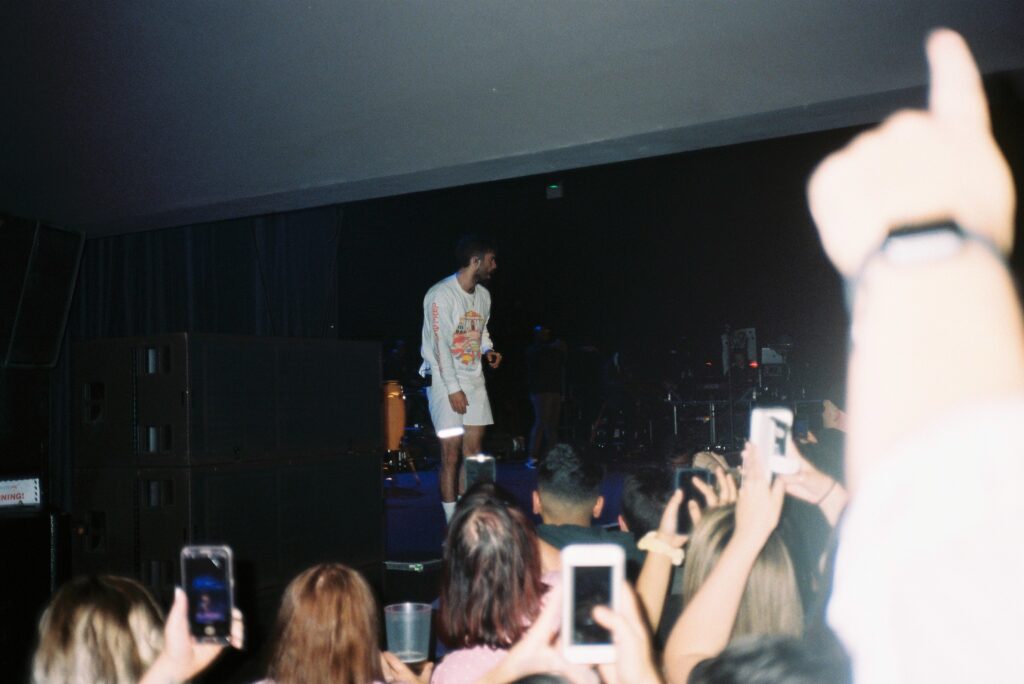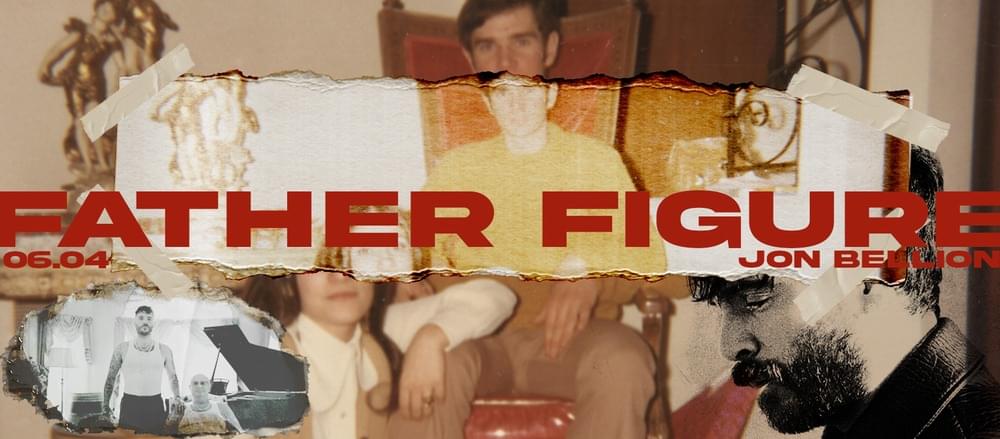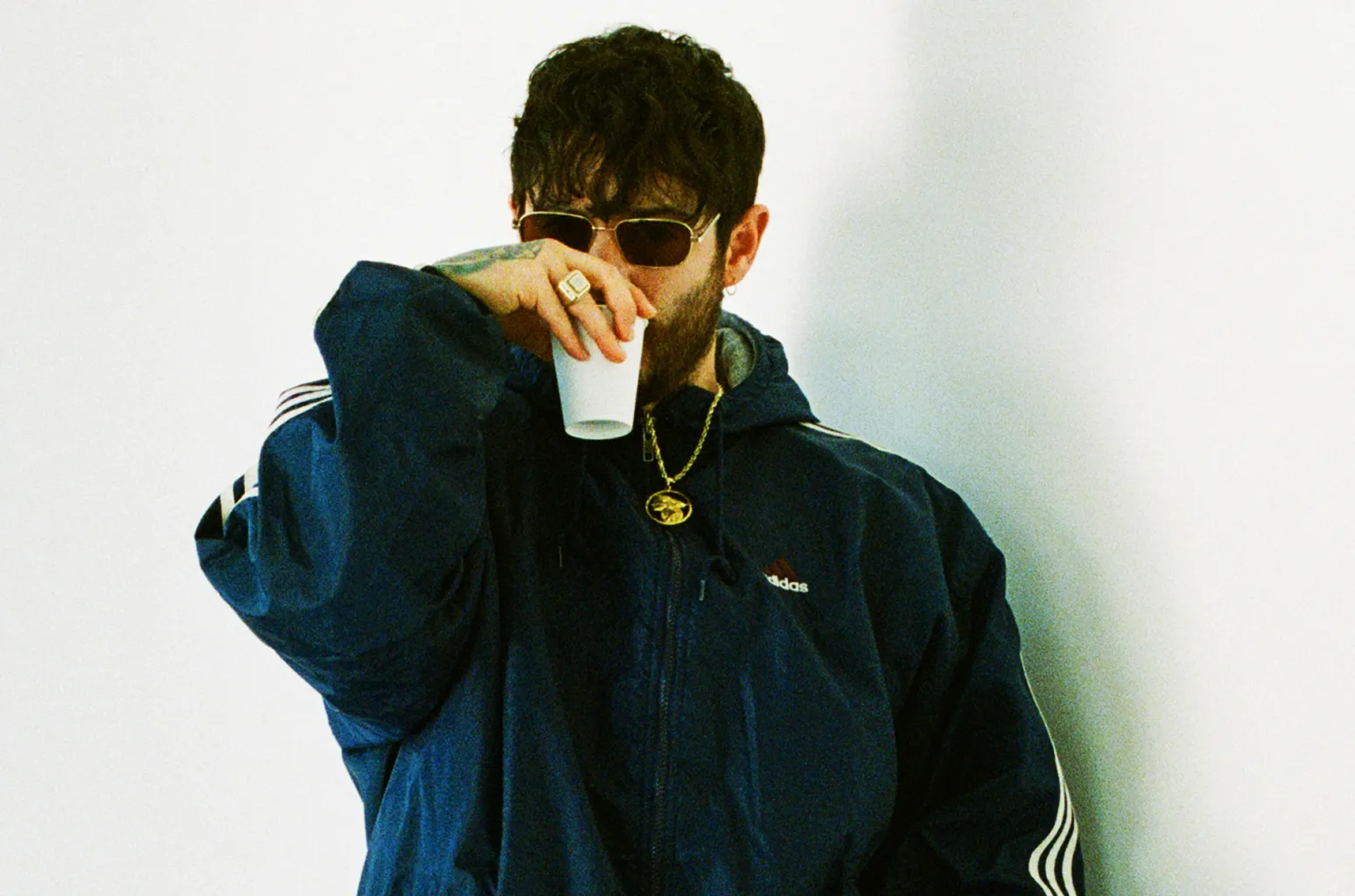If you were anywhere near a UK music venue in 2017 or 2019, you might have caught a glimpse of something special. A young American with a synth and a smile, bouncing across stages from Birmingham to Shepherds Bush, turning cramped theatres into cathartic dance floors. Jon Bellion wasn’t just performing, he was preaching a gospel of genre-blending joy, and British audiences were devout converts .
But then, almost as quickly as he arrived, he vanished.

The Rise: From Long Island Bedrooms to Billions of Streams
Bellion’s origin story feels almost too mythic to be true. A college dropout from Lake Grove, New York, he spent his teens amassing a library of over 1,200 self-produced songs in his bedroom . By his early 20s he’d already co-written choruses for Eminem and Rihanna’s Grammy-winning “The Monster” and Jason Derulo’s “Trumpets” . His own music which is a kaleidoscope of hip-hop, pop, and indie rock caught fire online. The 2016 single “All Time Low” became a sleeper hit, peaking at No. 16 on the Billboard Hot 100 and turning him into an overnight sensation who’d actually been grinding for a decade .
What set Bellion apart was his obsessive creativity. He described his debut album The Human Condition as a “business plan for Disney Pixar,” crafting sonic landscapes so vivid they felt animated . Fans didn’t just listen to his music—they inhabited it.
The Silence: When the Music Stopped
After 2018’s Glory Sound Prep, Bellion retreated. He launched his label Beautiful Mind Records, wrote hits for everyone from Justin Bieber to the Jonas Brothers, and became a father. But his own voice went quiet. Behind the scenes, he was battling the mechanics of an industry that profitsed art. In a revealing interview on The George Janko Show, he detailed how Live Nation’s touring contract left him financially strained despite selling out arenas. “You advance me one million and tell me I’m rich,” he explained, “to then find out you’re making four million a night” .
Simultaneously, he spent six years negotiating his exit from Visionary Music Group, the indie label that first signed him. The man who’d once sung about existential doubts was now grappling with very real ones: Was it possible to be both a present father and a prolific artist? Could he survive the algorithms without losing his soul?
The Comeback: Fatherhood, Freedom, and “Father Figure”
In 2024, Bellion reemerged with a new purpose and a new song, Kid Again. A comeback song that allowed Jon to release his frustrations of the past several years and now without the shackles of a contract he was able to feel like a kid again, making music how he wanted. A few monts later, an Album. Father Figure, released independently via Beautiful Mind Records, isn’t just a collection of songs; it’s a manifesto on modern masculinity and fatherhood. Tracks like “RICH AND BROKE” juxtapose earthquake sirens with reflections on parenthood (“Had a big chain ’round my neck/That I worked for my whole life/But the first thought was my kids”), while the haunting “WHY” featuring Luke Combs questions love’s fragility over stripped-down acoustics .
His creative process shifted too. He abandoned traditional promotion, sharing music directly with fans through his own forum and intimate video . In an interview with Zane Lowe, he confessed that fatherhood recalibrated his priorities: “You start to realize, ‘The father is wildly important in the home’”. The album’s closing lullaby, “MY BOY,” captures this vulnerability with the line, “A present father is worth way more than a perfect dad”. The title track “FATHER FIGURE” is a song about following the examples his own Dad showed him and how he would pass that onto his 3 boys.

The Legacy: Why Bellion’s Return Matters
Bellion’s journey mirrors a broader rebellion in music. Like Taylor Swift and Frank Ocean, he’s rejecting predatory contracts in favor of artistic autonomy. But his comeback also taps into something deeper: a hunger for authenticity in an age of curated feeds. His music isn’t just heard, it’s felt, because it’s forged in the same struggles his audience faces daily: balancing dreams with responsibility, creativity with commerce, and ego with love.
Those early UK tours now feel like preludes to this moment. The artist who once turned Shepherd’s Bush into a pulpit is now preaching a harder truth. That success isn’t about streams or sold-out shows, but about staying true to your voice even when the world isn’t listening.
As he sings on “KID AGAIN”: “I just gotta answer my call, I don’t even care if I fall” . For Bellion and all the fans who never stopped waiting, that’s already a victory.


Leave a Reply